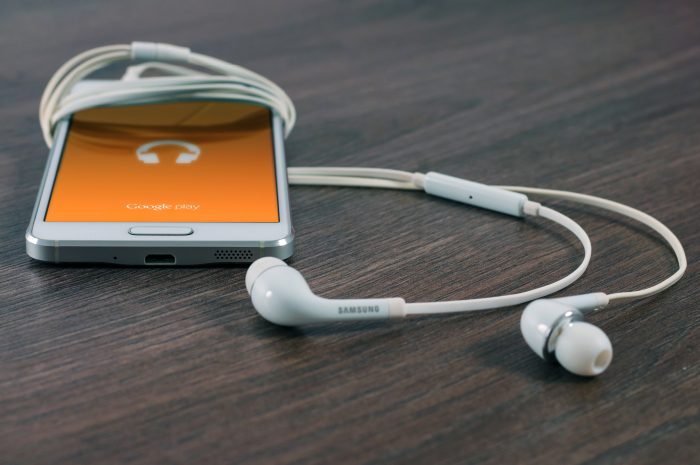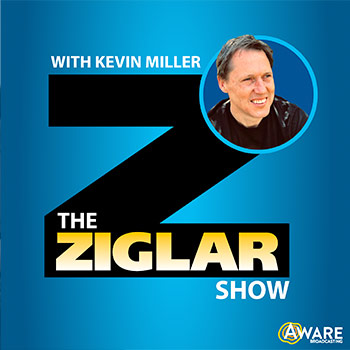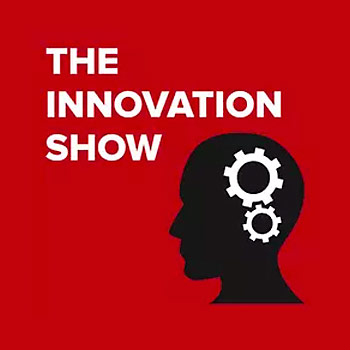Podcasts & Authentic Appreciation
Many people may not see any significant relationship between podcasts and authentic appreciation – but there is at least one.
Podcasting is a form of communication which has developed rapidly over the past 5-10 years. Formerly, authors (now known as “content producers”) would share their ideas via a variety of media. Articles, books, and then blogs, communicated with the printed word. Radio and television shows and interviews used the oral and visual expression of one’s ideas. Many of these embodied the characteristics of “broadcasting” – casting out your information broadly, to a wide range of people – hoping that you would find those people who were interested in what you had to say. We have used – and continue to use – these forms of communication to share appreciation in the workplace, reaching hundreds of thousands of individuals.
Podcasting, in contrast, brings together various technological advances (audio production + improved Internet connectivity + computer power) to allow individuals to create their own personal audio production and connect with individuals who want to listen to (or watch) their information-based show. The breadth and range of podcasts has grown exponentially over the past few years, thanks largely to the ease of connection to eager audiences (commuters, people exercising or doing tasks at home) who enjoy access to valuable information whenever they want to listen to it. Listeners can choose as specific or broad a topic they desire and consume the information when it’s most convenient to them.
So how are podcasting and authentic appreciation related, aside from sharing the content (the languages of appreciation) through the communication method (podcasting)? Because they both focus on striving to communicate in the way that is valued by the recipient. As we know, not everyone feels appreciated in the same ways, and people are more likely to feel truly valued when they receive appreciation in the appreciation language and actions important to them.
Similarly, many individuals prefer to be able to: a) choose the information and source they want; b) listen to the information, versus read it, (often while they are doing something else); and c) determine when they want to access the information. Additionally, many people prefer the interactive style (the host interviewing “subject matter experts”) of podcasts. These factors are in contrast to sifting through endless available content, reading the information or watching the presentation, and having to watch a show when it is broadcast on TV – although this has become less of an issue with the advent of DVR and computer access to shows.
I have been doing podcast interviews for several years, but recently our team evaluated whether we should create our own podcasts. The purpose? To reach those millions of individuals who prefer to learn and gain information through podcasts. In order to produce the quality of product we are committed to, the cost of time, energy, focus, and finances would be significant. And we didn’t think creating our own podcast channel would be as effective in reaching new listeners as the process of continuing to be a “subject matter expert” on improving workplace cultures would be.
So we have decided to more actively pursue opportunities on existing podcast shows. The desire continues to be high for information about creating positive workplaces and learning how to communicate authentic appreciation. As a result, I’ve had numerous opportunities to be interviewed on many national and regional forums – most recently, the world’s largest subscription-based business podcast, the Franklin Covey leadership podcast which will be released in October. A few other examples are listed below.
How to Make People Feel Appreciated on The Ziglar Show with Kevin Miller and Tom Ziglar
The Growing Importance of Workplace Appreciation on Building Relationships with Gary Chapman
Rising Above a Toxic Workplace: Brutal Bosses, Poisonous People, Soul Crushing Cultures on The Innovation Show with Aiden McCullen (Ireland)
Click here for more examples of my past podcast interviews.
One way you could be of significant help to us, and to workplace leaders across the globe, is to email us at communications@drpaulwhite.com with the names of podcasts (and the podcast host) that you would recommend we contact to explore being interviewed on their show. There are tens of thousands podcasts and helping us identify those you believe would be interested in the message of how to communicate authentic appreciation in the workplace would be extremely helpful to us. Thanks!
Tags: PodcastsCategories 5 Languages of Appreciation in the Workplace, Appreciation, Business/Leadership, Employee engagement, Managing By Appreciation, Toxic workplaces, Workplace Culture




